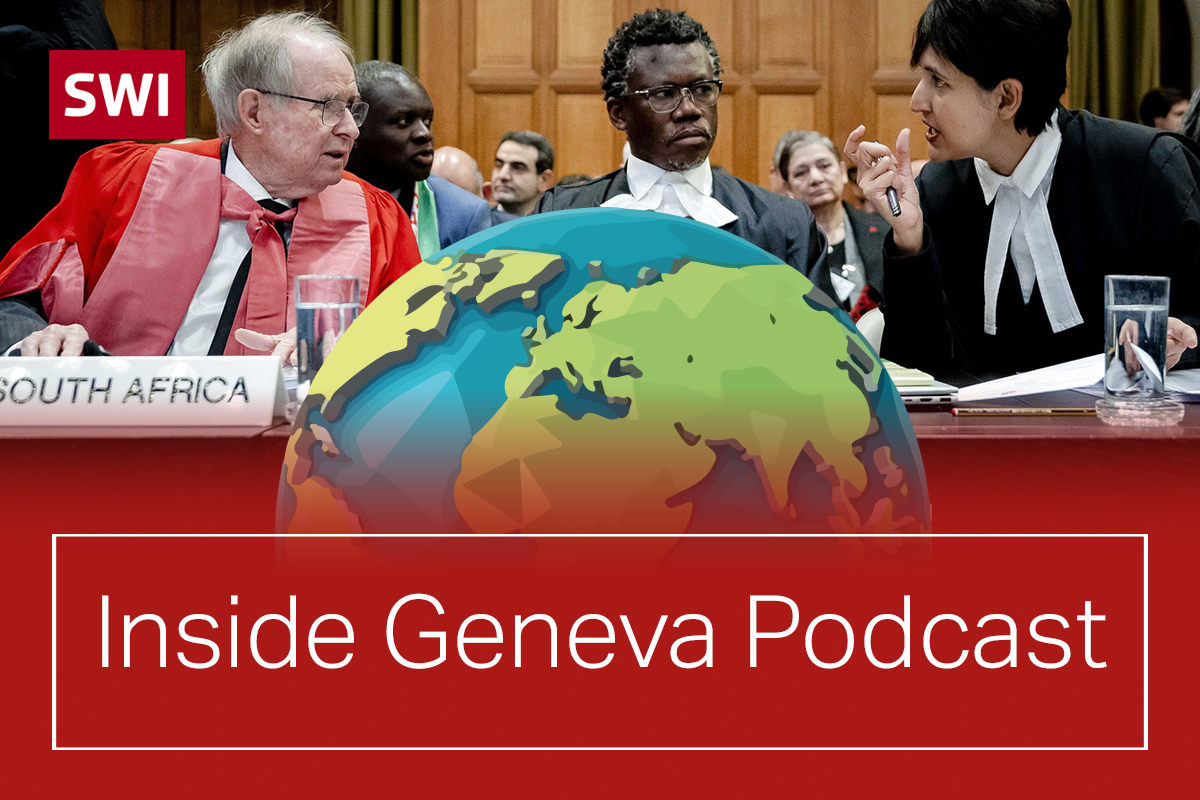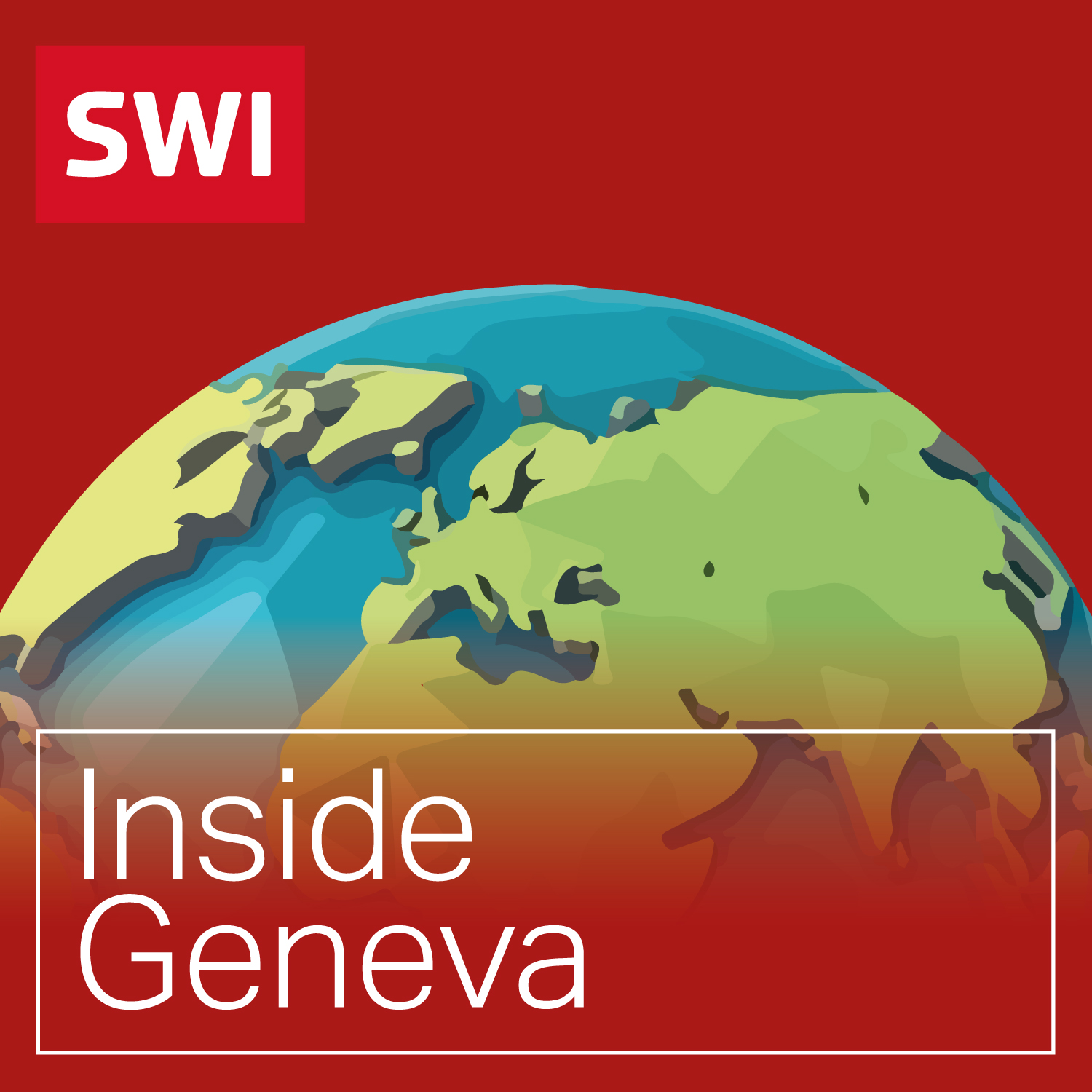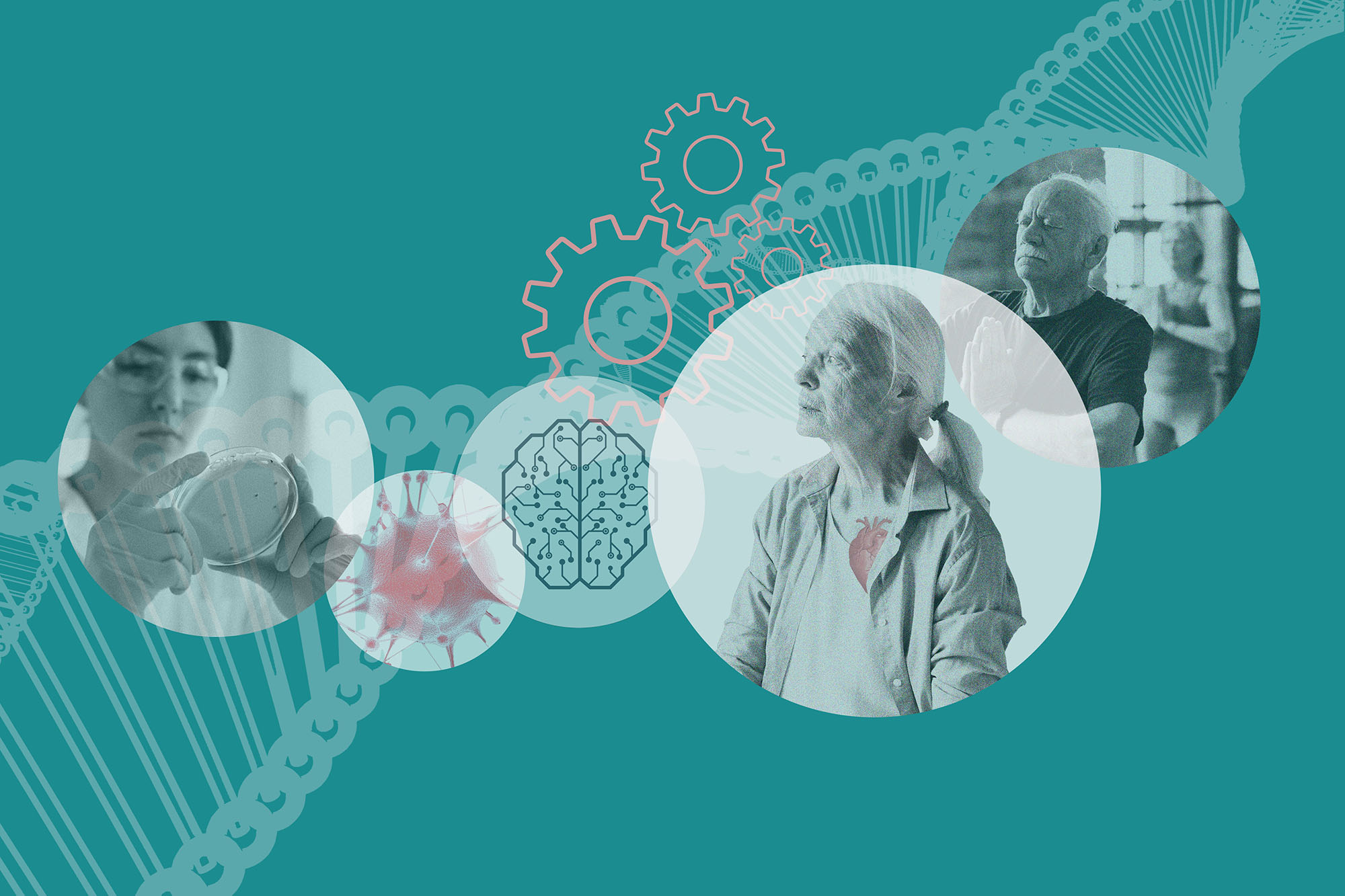South Africa, Israel, and the ICJ
Israel faces charges of genocide at the International Court of Justice (ICJ). That’s a sentence which, for most of us, will cause a sharp intake of breath.
However much we may question the ferocity of Israel’s response to Hamas’s brutal October 7 attack, the idea that the Jewish state could be accused of this most atrocious crime seems shocking.
The UN Convention on the Prevention and Punishment of the Crime of Genocide (or Genocide Convention) dates from 1948. It was drafted as a direct result of the holocaust, the systematic killing by Nazi Germany of millions of Europe’s Jews. Israel was one of the first countries to ratify the convention. The accusation of possible genocide in Gaza is, for many, deeply insulting.
The case has been brought to the ICJ by South Africa, and some analysts also suggest that, because of South Africa’s longstanding support for the Palestinian people, the motivation for the case is political, rather than legal.
Into this highly charged debate have stepped a number of UN special rapporteurs. They have issued a statement welcoming the case at the ICJ, and calling for all UN states to respect the convention.

More
Inside Geneva: a look into South Africa’s genocide case against Israel
Humanity over war
On the Inside Geneva podcast this week we talk to Margaret Satterthwaite, the special rapporteur for the independence of judges and lawyers. She points out that the UN’s core purpose is to prevent conflict, and describes this legal case as “about asserting humanity, and in fact asserting law, over war”.
Satterthwaite and her colleagues believe it is important to discuss the conduct of the war in Gaza within the framework of international law. Regardless of the verdict the court will eventually reach, she, like many human rights experts, feels strongly that a conflict which has caused so many civilian deaths needs scrutiny.
But is the lens of genocide appropriate? It is a narrow legal term, defined as “a crime committed with the intent to destroy a national, ethnic, racial, or religious group, in whole or in part”. Destroying does not have to mean killing; it can also mean measures to prevent births within the group, or the forcible transfer of children from the persecuted group to another.
But the types of groups defined are limited; political groups are not included. This leads, as Ken Roth, former director of Human Rights Watch told me in an earlier episode of Inside Geneva, to confusion about what actually constitutes the crime, and what does not.

More
Genocide: why we apply the term sparingly
The 1994 slaughter in Rwanda of almost a million Tutsis is widely defined as genocide, whereas the Khmer Rouge’s mass killing of millions of Cambodians in the 1970s is, in strict legal terms, less clear. This is because those killed were from different ethnic and religious groups – what they had in common was their shared experience of the Khmer Rouge’s brutality.
We include some of Roth’s (now a senior fellow at Harvard’s Carr Centre for Human Rights Policy) interview in this episode of Inside Geneva, because his observations, despite being made well before the October 7 attacks, remain highly relevant.
As he points out, human rights experts are often cautious about using the term genocide, in part because it is a very specific legal term, and in part because other major violations are equally worthy of scrutiny and condemnation, even if they don’t fit the definition of genocide.
‘‘People feel like if you don’t call it genocide then it’s not serious and that’s a mistake,” Roth told me. “Crimes against humanity are incredibly severe.”
Intent must be proven
The challenge facing South Africa at the ICJ is to prove the intent to destroy a specific group. Many lawyers believe this will be difficult; after all, Israel has repeatedly said it is fighting to eradicate Hamas, not the entire Palestinian population of Gaza.
A final verdict is likely to take years, but, significantly, South Africa’s lawyers have asked the court to decide on “provisional measures” which could be issued within weeks. Such measures could include calling on Israel to stop its attacks on Gaza, or at the very least to provide more aid to civilians.
Here, legal analysts believe South Africa has a chance of success. Its lawyers have submitted evidence of the widespread destruction of Gaza, and of dehumanising language used by some Israeli leaders. Defence Minister Yoav Gallant, for example, said Israel was “fighting human animals”.
To issue provisional measures, the ICJ’s 15 judges only need to be persuaded that there is a risk of genocide, and that Israel should be told to change tack to prevent it.
Big risk for the ICJ?
Unsurprisingly, Israel, traumatised by the October 7 attacks, and with around 100 hostages still thought to be captive in Gaza, is dismayed by the ICJ case. Its lawyer Tal Becker told the court “what Israel seeks by operating in Gaza, is not to destroy a people, but to protect a people: its people. In these circumstances there can hardly be a charge more false and more malevolent than the accusation against Israel of genocide”.
But although Israel has sent Becker with a team of lawyers to The Hague to defend itself, the Israeli government has already said it won’t comply with court rulings that obstruct its war against Hamas.
It wouldn’t be the first time the ICJ has been ignored. The court ruled recently on a case brought by Ukraine against Russia, in which the ICJ ordered Moscow to immediately suspend military operations in Ukraine. Moscow ignored it.
In fact, this latest high profile case could be very risky, not for Israel, but for the institution of the ICJ itself, and even for the United Nations.
“Israel already saying they will not comply with the court… is a very distressing statement,” says Satterthwaite. And, she points out, the ICJ’s rulings are final. There is no right of appeal. Countries, like Israel, which have ratified the genocide convention, are legally bound to follow them.
But, crucially, she adds, “there’s not a UN police force running around making sure that states comply with their international law obligations.” So could this case make the ICJ look impotent? Satterthwaite explains that a ruling related to genocide has implications for much more than the concerned country.
“If the court says there is a plausible claim here, all the other states that are party to the genocide convention (more than 150) are going to have to undertake their own legal review to see how they must not accidentally cooperate in genocidal acts”.
This could mean reviewing arms exports, for example, or considering economic sanctions.
And, she reminds us, the ICJ is the UN’s top court. It settles disputes between countries, and issues rulings on the conduct of countries in relation to international law. Individual government leaders are not on trial here, but member states of the UN. At the UN General Assembly, more than 150 member states have called for a ceasefire.
For the ICJ not to consider the case, would, Satterthwaite believes cause some damage to the credibility of the court.
“It’s important for the court to show that it finds the law to be applicable to all states, no matter whether they say they will comply with the law or not,” she says.

In compliance with the JTI standards
More: SWI swissinfo.ch certified by the Journalism Trust Initiative









You can find an overview of ongoing debates with our journalists here . Please join us!
If you want to start a conversation about a topic raised in this article or want to report factual errors, email us at english@swissinfo.ch.